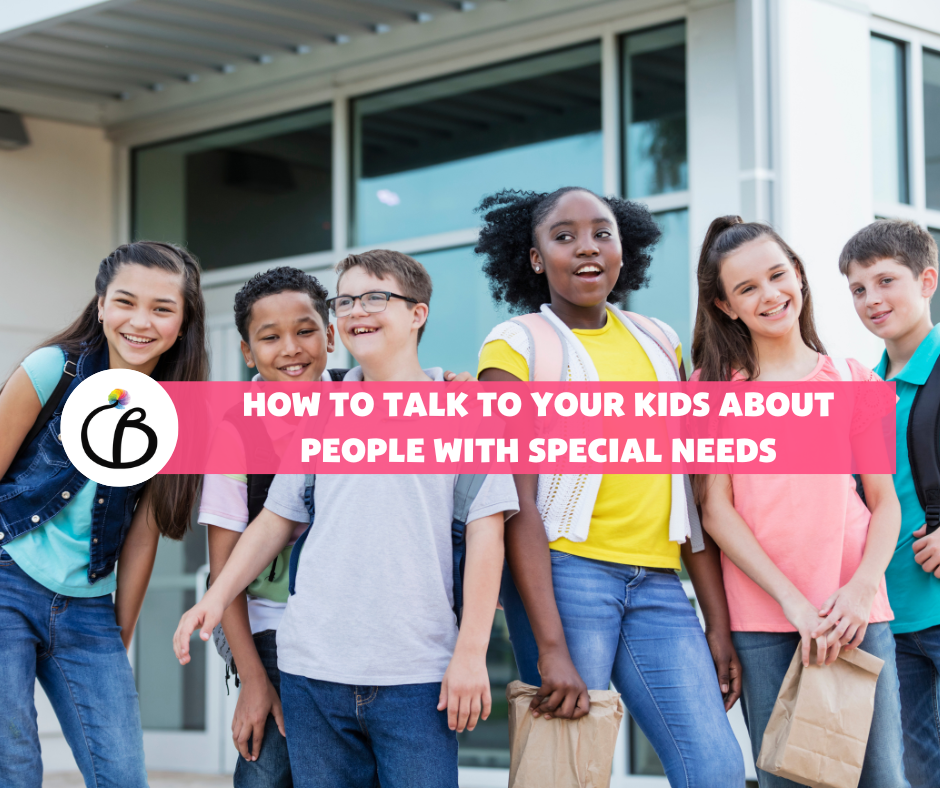




“Mom, why does he look different?” “Dad, why does she talk differently?” “Mrs. Smith, why does he have a wheelchair?”
As a parent or teacher, these are all questions you’ve likely been asked by your child or student. These questions can be tough to answer–especially if you’re in public and the person your child is talking about is within earshot.
My son, Guion, happens to have Down syndrome, so I’ve been on the opposite side of these situations many times. I notice children point at and notice Guion all the time. And I get it, talking to your kids about people with special needs or disabilities can be tough to navigate. However, initiating these conversations before you’re confronted with an uncomfortable situation is key to raising kind, empathetic and inclusive children while encouraging, not punishing, their natural curiosity about those who seem different than them.
No matter what age your child is, there is likely a person in their life who might look, move, or act a bit differently. By acknowledging your child’s curiosity and addressing their questions as honestly as possible, you can play a significant role in helping them gain a better understanding of those with special needs or disabilities and appreciating them for who they are.
Do you need help talking to your kids or students about those who have special needs or disabilities? Here are a few tips.
It is very important to talk about the differences between your kids and kids with special needs as honestly as possible. Acknowledge their differences while emphasizing that different doesn’t mean bad.
Don’t forget that you are your child’s biggest role model! If you are using positive language about those with special needs, your child will, too. A great example is to explain that a wheelchair helps their classmate move around. In the event that your child overhears negative comments being made about someone with a disability, address them immediately! Explain that the mean behavior can be hurtful and shouldn’t be repeated.
Our similarities may bring us together, but in reality, we’re all different! We look different, we have different personalities, we like different foods, we enjoy different activities, and we see the world around us differently. The more we can get to know someone beyond their differences, the more we can appreciate them for who they truly are.
In raising Guion, I have experienced firsthand how individuals flourish through connection with others and how it all starts with kindness. We all are unique in our own ways, and those differences are beautiful! Teach your child to choose to be kind and inclusive to everyone they meet.
Adding stories to your children’s book collection that include characters with special needs can be an easy way to introduce the topic in your household or classroom. Increasing your child’s awareness about the topic of disabilities and special needs promotes an inclusive culture.
Inspired by Guion, I wrote the children’s book, Guion The Lion, to present messages of compassion and curiosity to kids before they begin making their own judgments and assumptions. My hope is that it encourages children, and parents alike, to have conversations about people who might be different from them, and ultimately, embrace others’ differences and perspectives.
For more ideas of how to teach kids about kindness, curiosity and compassion, follow Curious B.E.I.N.G.s on Facebook and Instagram and subscribe to the Curious B.E.I.N.G.s newsletter.